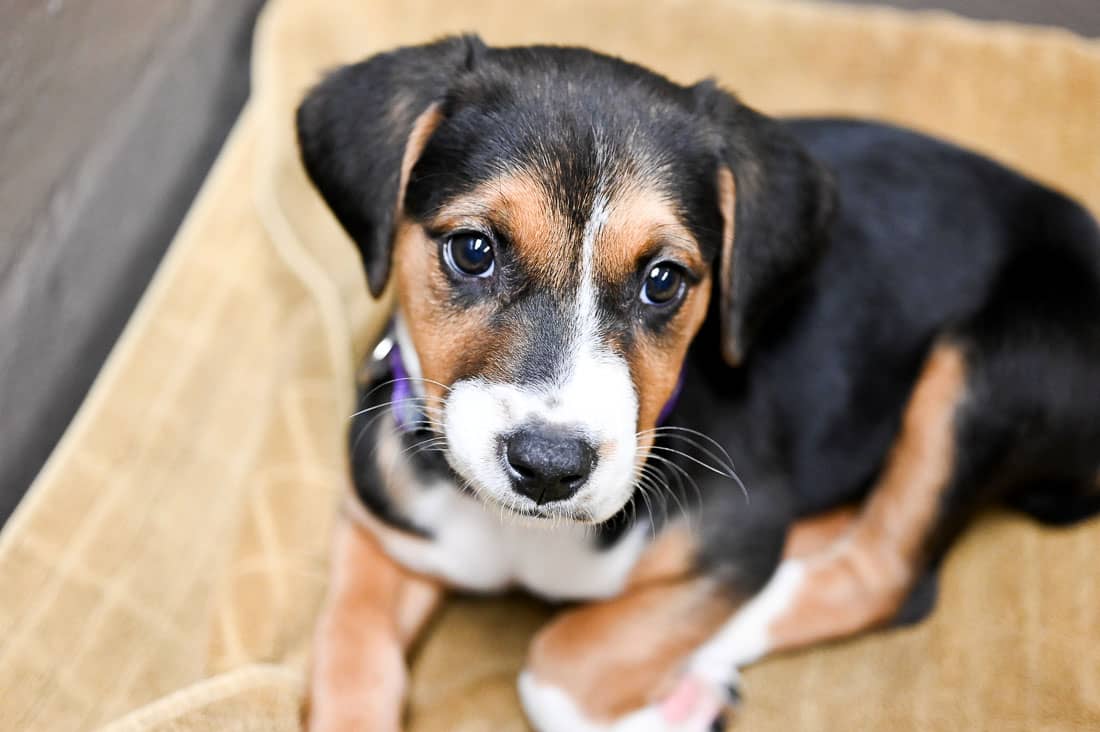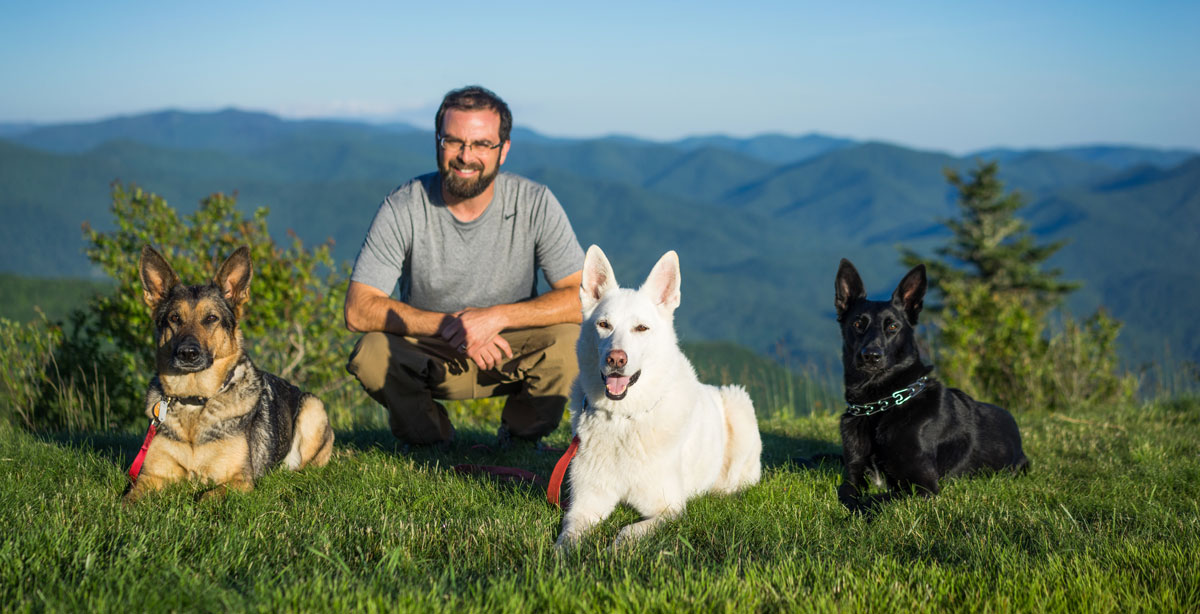Common Behavioral Issues and Their Solutions in Dog Training
Common Behavioral Issues and Their Solutions in Dog Training
Blog Article
Necessary Tips for Effective Dog Training: An Overview for Pet Dog Owners
Efficient pet dog training is a diverse process that requires a tactical approach customized to both the pet's temperament and the proprietor's objectives. Trick components such as establishing regular commands, using positive support, and helping with early socializing play essential roles in cultivating a well-adjusted canine buddy. Nevertheless, many family pet proprietors encounter challenges that can hinder progress, bring about irritation and unpredictability. Understanding just how to navigate these challenges can dramatically enhance the training experience, ultimately transforming the relationship in between proprietor and canine. What are the vital methods that can be utilized to make sure success in this endeavor?
Comprehending Dog Habits
Comprehending pet habits is crucial for efficient training and fostering an unified relationship between dogs and their owners. dog training. Canines communicate largely through body language, articulations, and actions, making it important for owners to analyze these signals accurately.

Socializing plays a substantial role in pet behavior; direct exposure to various settings, individuals, and other pets can considerably affect a pet's personality. Variables such as type attributes and individual character need to direct training methods, as some breeds might have specific behavioral attributes that demand customized techniques. By recognizing these elements, owners can produce a supportive atmosphere that urges positive habits, resulting in successful training outcomes and a deeper bond with their pets.
Establishing Constant Commands
Effective communication with your dog begins with developing constant commands. This fundamental element of training is critical for promoting understanding in between you and your pet dog. Consistency in the commands you use guarantees that your canine can dependably connect particular words or expressions with the wanted habits.
When choosing commands, select clear, distinctive words that are simple to differentiate and state from each other. Stay clear of utilizing similar-sounding commands that may confuse your pet. As an example, making use of "rest" and "stay" is proper, but "sit" and "struck" can bring about misconceptions.
In addition, keep the very same tone and volume for each command. Canines are sensitive to singing hints, so differing your tone can produce complication.
It is just as vital to make certain that all member of the family are on the same page pertaining to the commands utilized. A united front in command usage will certainly stop blended signals and reinforce the understanding procedure.
Favorable Support Methods
The power of positive support in canine training depends on its capacity to motivate preferred habits with benefits and appreciation. This technique is based in the concept that habits complied with by positive end results are more likely to be duplicated. By integrating positive support into your training routine, you can effectively form your dog's behavior in a positive manner.
To apply positive reinforcement, it's important to identify what encourages your canine, whether it be deals with, playthings, or spoken praise. When your dog carries out a desired action, such as remaining on command, promptly reward them with a reward or affection. This association in between the command and the favorable outcome reinforces their understanding.
It's important to timing the rewards appropriately; supplying the reinforcement within seconds of the preferred habits assists your canine make the connection (dog training). In addition, uniformity is essential-- guarantee that all household participants utilize the very same commands and benefit systems to prevent complication

Slowly, you can reduce the frequency of treats as your dog finds out the behavior, transitioning to applaud or periodic incentives. This method not only promotes a strong bond between you and your canine yet additionally promotes a positive knowing atmosphere, making training an enjoyable experience for both.
Socialization and Interaction
Constantly exposing your canine to a range of settings, people, and other animals is vital for their social advancement. Socializing ought to begin early, preferably throughout the vital window of 3 to 14 weeks, when pups are most responsive to new experiences. However, older pet dogs can likewise benefit from recurring socializing initiatives.
Present your canine to different setups, such as parks, pet-friendly stores, and metropolitan areas. This direct exposure helps them adjust to different stimuli, blog here minimizing anxiety and fear responses. Urge positive communications with other canines and individuals, ensuring that these encounters are regulated and safe to foster confidence.
Utilize structured playdates with well-mannered pets, as this can improve your canine's social abilities and educate them suitable behavior. Obedience courses and training sessions additionally supply outstanding chances for socialization, permitting your canine to connect with others in a supervised setting.
Monitor your pet's body language throughout communications, as this will certainly assist you evaluate their comfort level. Gradually raise direct exposure to even more difficult situations while ensuring that each experience is favorable. A well-socialized dog is most likely to display well balanced actions, making them a delight to have in any type of setup.
Dealing With Usual Training Difficulties
Every pet owner will run into training challenges at some time, despite their pet dog's age or socialization level. Identifying typical problems such as stubbornness, interruptions, and fearfulness can aid in establishing efficient techniques for renovation.

Interruptions during training sessions can hinder emphasis. To battle this, start training in a quiet setting with minimal stimuli. Gradually present diversions as the pet dog becomes extra skilled in commands. Short, frequent training sessions are additionally efficient in preserving focus.
Fearfulness can prevent a pet's understanding procedure. Gradual desensitization to the source of anxiety, coupled with our website positive support, can assist reduce stress and anxiety. Persistence is essential; never ever compel a pet into a scenario that creates distress, as this might exacerbate the problem.
Ultimately, understanding and addressing these usual challenges with a structured strategy will certainly promote an extra efficient training experience, enhancing the bond in between canine and proprietor while promoting efficient discovering.
Verdict
In summary, effective canine training depends on an extensive understanding of canine habits, the facility of consistent commands, and the application of favorable support methods. Socialization plays a critical function in creating well-adjusted pets, while resolving common training obstacles needs patience and adaptability. By executing these necessary techniques, pet dog proprietors can promote a solid bond with their pet dogs and advertise desirable habits, eventually resulting in a harmonious partnership between people and their canine friends.
Comprehending dog habits is necessary for reliable training and cultivating a harmonious partnership between canines and their owners.Socializing plays a significant function in pet dog behavior; exposure to various settings, individuals, and other animals can dramatically impact a pet's character.The power of positive reinforcement in dog training lies in its capability to encourage wanted behaviors with incentives and praise. By including positive support into your training program, you can effectively form your pet dog's actions in a useful way.
In recap, effective pet training depends on a detailed understanding of why not check here canine behavior, the establishment of constant commands, and the application of favorable support techniques.
Report this page